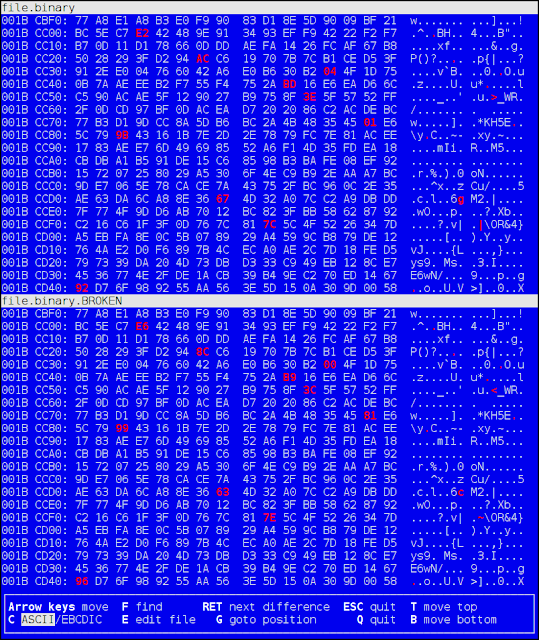How to send "broadcast messages" with Bitmessage and how to make a pseudo-mailing-list
[If you are not familiar with the Bitmessage, read my previous post Crypto-messaging peer-to-peer protocol Bitmessage is gaining popularity.]
If you want just to broadcast messages to your readers, you can use your own public Bitmessage address (your Bitmessage address listed on your website). Just click on "Send" tab and select "Broadcast to everyone who is subscribed to your address".
Broadcasts are encrypted with the public key (Bitmessage address) of the sender. This means that anyone who knows your Bitmessage address (and is subscribed to your broadcasts) can decrypt and read your broadcasts.
The recipients must add your address to the "Subscriptions":
I did some tests and they show that subscribers may not receive all of your broadcast messages sent prior to subscription.
Do not confuse this (sending broadcast messages) with the pseudo-mailng-lists. If you want to run a pseudo-mailng-list, you should make new address and then change these settings:
1. Click on your new identity with the right mouse button and choose "Special address behaviour...".
2. Select "Behave as a pseudo-mailing-list address".
You should be careful to not change the default settings ("Behave as a normal address") for your private Bitmessage address. If you just want to send "broadcast messages" to your subscribers, you should not turn on the "pseudo-mailing-list" properties of your address. If you want to make a pseudo-mailing-list - make another address and never send to it private messages.
Even if Bitmessage is a decentralized p2p network, mailing lists require the client who operates the list (where the private key of the pseudo-mailing-list address is located) to be online, creating a single point of failure (this type of list is called "centralized mailing list").
This issue can be circumvented by making the private key public (third party application should be used for signing the messages, for example OpenPGP, if signature is needed). This type of list is called "decentralized mailing list" or "Chan" (short for channel) because they usually focus on a subject which usually is the password for the deterministic address too.
Read more:
It is like Twitter without the character limit.
If you want just to broadcast messages to your readers, you can use your own public Bitmessage address (your Bitmessage address listed on your website). Just click on "Send" tab and select "Broadcast to everyone who is subscribed to your address".
Broadcasts are encrypted with the public key (Bitmessage address) of the sender. This means that anyone who knows your Bitmessage address (and is subscribed to your broadcasts) can decrypt and read your broadcasts.
The recipients must add your address to the "Subscriptions":
I did some tests and they show that subscribers may not receive all of your broadcast messages sent prior to subscription.
Do not confuse this (sending broadcast messages) with the pseudo-mailng-lists. If you want to run a pseudo-mailng-list, you should make new address and then change these settings:
1. Click on your new identity with the right mouse button and choose "Special address behaviour...".
2. Select "Behave as a pseudo-mailing-list address".
Warning! All messages sent to a pseudo-mailing-list address (regardless of sender - anyone can send messages to this address) will be automatically broadcast to all subscribers (and thus will be public).
You should be careful to not change the default settings ("Behave as a normal address") for your private Bitmessage address. If you just want to send "broadcast messages" to your subscribers, you should not turn on the "pseudo-mailing-list" properties of your address. If you want to make a pseudo-mailing-list - make another address and never send to it private messages.
Even if Bitmessage is a decentralized p2p network, mailing lists require the client who operates the list (where the private key of the pseudo-mailing-list address is located) to be online, creating a single point of failure (this type of list is called "centralized mailing list").
This issue can be circumvented by making the private key public (third party application should be used for signing the messages, for example OpenPGP, if signature is needed). This type of list is called "decentralized mailing list" or "Chan" (short for channel) because they usually focus on a subject which usually is the password for the deterministic address too.
Read more:











Comments
Post a Comment